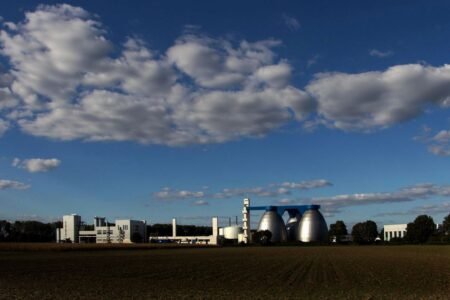The EU Commission adopted Thursday new measures which will restrict use of undecafluorohexanoic acid (‘PFHxA’) and PFHxA -related substances in such as textiles, cosmetics and food packaging.

The measures are being taken under the EU’s ‘REACH’ chemicals legislation to protect human health and the environment. This sub-group of PFAS chemicals are called ‘forever chemicals’ because they do not break down in the natural environment. PFAS are used in many industrial processes and in many consumer products. They require special attention, considering the large number of cases of contamination of soil and water, including drinking water.
The decision is a milestone that “brings us closer to a toxic-free environment,” said EC vice-president Margrethe Vestager: “The restriction will ban the use of this ‘forever chemical’ in for instance consumer textiles, pizza boxes and some cosmetics. Our EU rules allow us to restrict harmful substances when there are safe alternatives. To the benefit of all consumers and for a green transformation of our society.”
The sub-groups of per- and polyfluoroalkyl substances (‘PFAS’) are very persistent and mobile in water, and their use in certain products poses an unacceptable risk to human health and the environment.
The PFHxA restriction adopted by the EU executive focuses on uses where the risk is not adequately controlled, alternatives are available, and socio-economic costs will be limited in comparison to the human health and environmental benefits.
The restriction will ban the sale and use of PFHxA in consumer textiles, such as rain jackets; food packaging, like pizza boxes; consumer mixtures such as waterproofing sprays; cosmetics like skin care products; and in some firefighting foam applications like for training and testing, without compromising safety. It does not affect other applications of PFHxA, for example in semiconductors, batteries or fuel cells for green hydrogen.
This restriction is seen as an important step forward in reducing PFAS emissions, since PFHxA is often used as substitution for another already banned PFAS (perfluorooctanoic acid, or ‘PFOA’). It is based on the scientifi assessment of ECHA’s Committees and has successfully passed the scrutiny of the European Parliament and the Council.
The PFHxA restriction will formally enter into force 20 days after publication in the Official Journal. It will take effect after transitional periods of between 18 months and 5 years, depending on the use, allowing time for replacement by safer alternatives.







